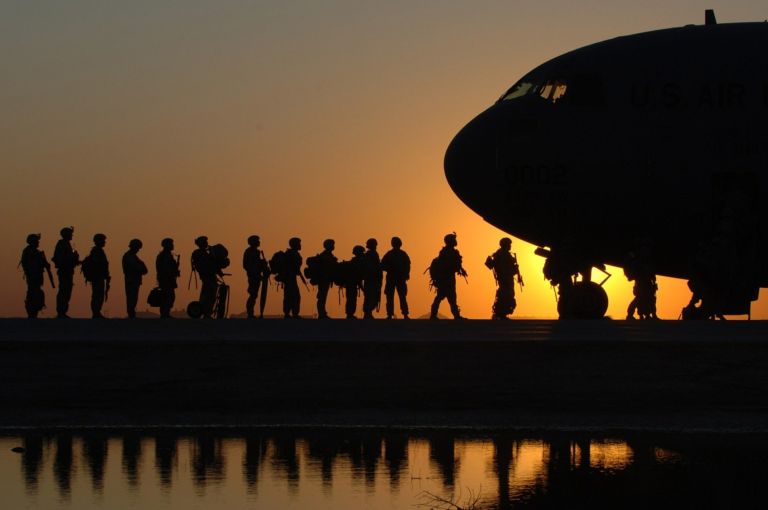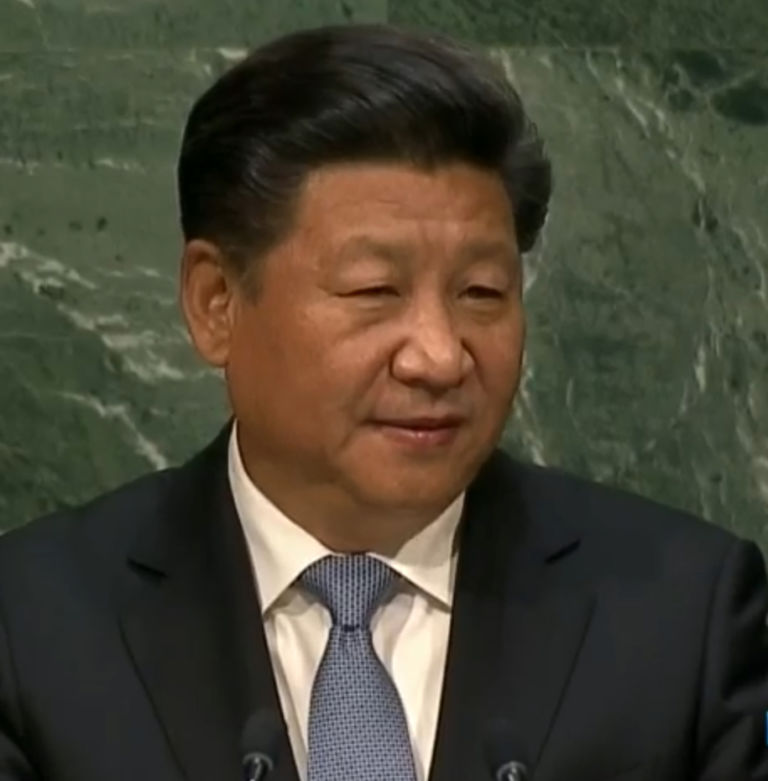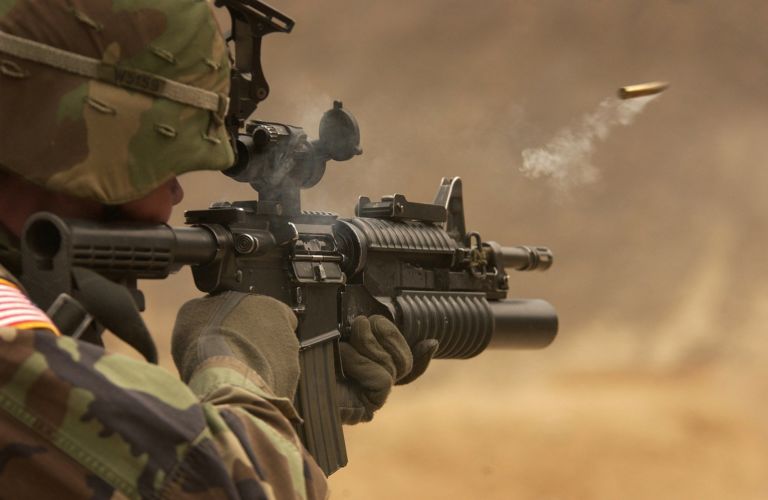Jim McTague of Barron’s explores in his latest “D.C. Current” column the potential impact of the Crimean crisis on the U.S. military’s latest base closing process.
Russia’s seizure of Crimea might buy time for defense contractors bracing for a smaller military and for investors holding some $24 billion in military housing-privatization bonds, a quarter of which are uninsured. Members of Congress are giving the gimlet eye to a request by the military brass to initiate a round of base realignment and closures—known as BRAC—which would include downsizing the Army to pre-World War II levels. Debate on this is expected to begin in the House in May.
Generals and admirals for months have been urging President Barack Obama to ask Congress to authorize an independent BRAC commission to select facilities for closure, beginning in the federal fiscal-year 2017, which begins on Oct. 1, 2016. Obama included funds for BRAC in his fiscal-2014 budget request. Republicans, who in general oppose all things Obama, have declared the entire budget dead on arrival. …
… Before Russia’s incursion into Crimea, there was better than a 50% chance of Congress initiating the BRAC process this year, says [lobbyist Barry] Rhoads. Now he isn’t certain what will happen. Congressmen have told him they are concerned that the Army’s proposed manpower reduction might be too steep in light of Ukraine. Add this to individual legislators’ reluctance to close a base in their own state and you get a formula for foot-dragging.
Wall Street fears that the rapid troop reduction will harm holders of the housing bonds, which have financed the construction of more than 190,000 modern houses and apartments on and around military bases since 1996, when Congress passed a law allowing the Defense Department to obtain private-sector financing and management to renovate and build military housing. The bonds, with 35-to-45-year maturities, are financed by rent payments from the troops. As recently as 2009, the Army and Marines were talking of adding a combined 101,000 soldiers, who would have needed to be housed.


